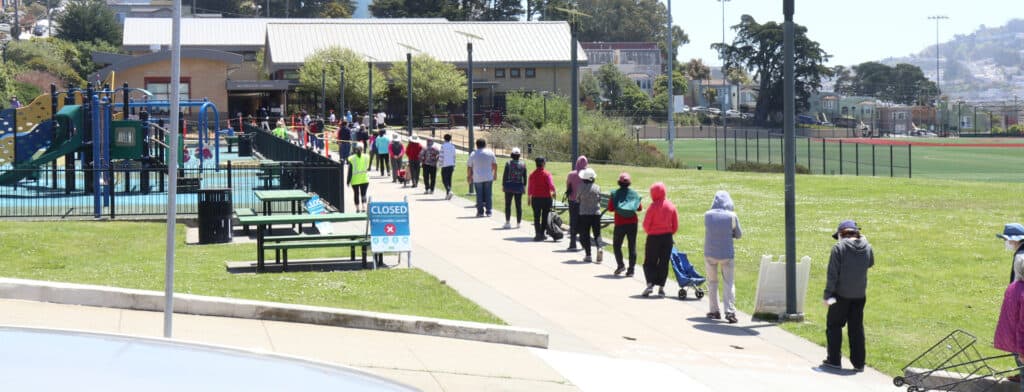We’ve surely had some sad Christmas seasons during the Civil War (I spent Christmas of 1862, for example, in a muddy, frozen army camp in the woods outside Fredericksburg, VA) and other times in our nation’s history, but I fear this one is shaping up to be among the worst. The food lines are only getting longer, with little prospect of getting any help from Washington lawmakers until after the first of the year—well after people’s unemployment insurance has run out and the eviction moratorium has ended. And if the experts are correct, the rate of Coronavirus infections will increase exponentially based on hundreds of thousands of ill-advised Thanksgiving celebrations, making our situation even worse by Christmas and New Year’s. Many hospitals can be expected to turn patients away, and forced shutdowns are only going to make the economy worse. As much as everyone will be happy to say goodbye to 2020, it’s hard to envision people shouting “Happy New Year!” with much conviction as we usher in 2021.
An estimated 50 million Americans are currently “food insecure,” someone’s modern-day, politically correct term for being in danger of going hungry. What’s worse, a quarter America’s children can be counted among them, a pretty sad commentary on the state of our country in 2020, which goes well beyond “inequality.”
People aren’t going to be getting back to work in the coming weeks; more people are going to lose their jobs. The only way to relieve people’s suffering in the short term—with the effects of the vaccine(s) unlikely to be felt until well into spring—is with the help of more government stimulus and, as I’ve addressed before, I fear that obstructionist Senate Majority Leader Mitch McConnell isn’t going to be any more agreeable to reaching a deal now than he’s been in the past.
People of Color are Still Suffering Disproportionately from the Coronavirus Pandemic.

I get the impression that too many white Americans see people of color at the food banks—remember, a disproportionate number work in the hard-hit restaurant and hospitality industries—and dismiss their suffering as somehow being less “real” than that of white people, as if their jobs, lives, and families aren’t worth quite as much. In particular, there is a tendency to suspect Hispanics of being illegal immigrants, people who therefore got what they deserved, aren’t entitled to government assistance, and should go back to where they came from. It’s possible my 150+ years of observing human behavior has made me unduly cynical, but I fear that, not unlike the early days of the pandemic—when white America saw people of color falling victim disproportionately and thus dismissed the Coronavirus as a disease of the “other”—our country’s worst character flaws are once again on display.
If I had my druthers, I’d rather be addressing positive, progressive issues that can change our country for the better than talking about an old fart like McConnell every week (something almost as unpleasant as feeling compelled to talk about Donald Trump every week!), but how can we tackle the challenges of the 21st century when we’re suffering some of the worst poverty and inequality since the Great Depression, when it could be months or even years until we can even get back to the unacceptable status quo? It took the Great Depression to spawn the “New Deal,” and I increasingly fear that only an initiative of that scope will get us out of the hole we’re in this holiday season.
